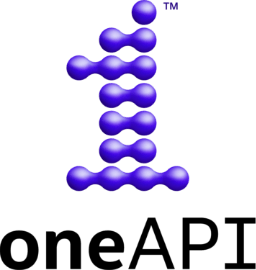Join us for the oneAPI Developer Summit at ISC focused on oneAPI and Data Parallel C++ for accelerated computing across xPU architectures (CPU, GPU, FPGA, and other accelerators). In this two-day LIVE virtual conference, you will learn from leading industry and academia speakers who are working on innovative cross-platform, multi-vendor architecture oneAPI solutions. – Collaborate from fellow developers and connect with other innovators. – Dive into a hands-on session where you will learn and apply optimizations in order to fully exploit device capabilities on CPU’s and GPU’s. – Join a vibrant community supporting each other using oneAPI and Data Parallel C++.
At ISC21, join Intel to learn how our unique, XPU-centric portfolio and oneAPI is helping users redefine the limits of what’s possible. In addition to oneAPI dev summit, do not forget to check out our new Intel® HPC + AI Pavilion with over 20 tech talks, fireside chats and demos, plus 2 executive keynotes, you’ll get the latest news on 3rd Gen Intel® Xeon® Scalable processors, Distributed Asynchronous Object Storage (DAOS), Intel® Optane™ technology, Xe-HPC (Ponte Vecchio), and much more.






























